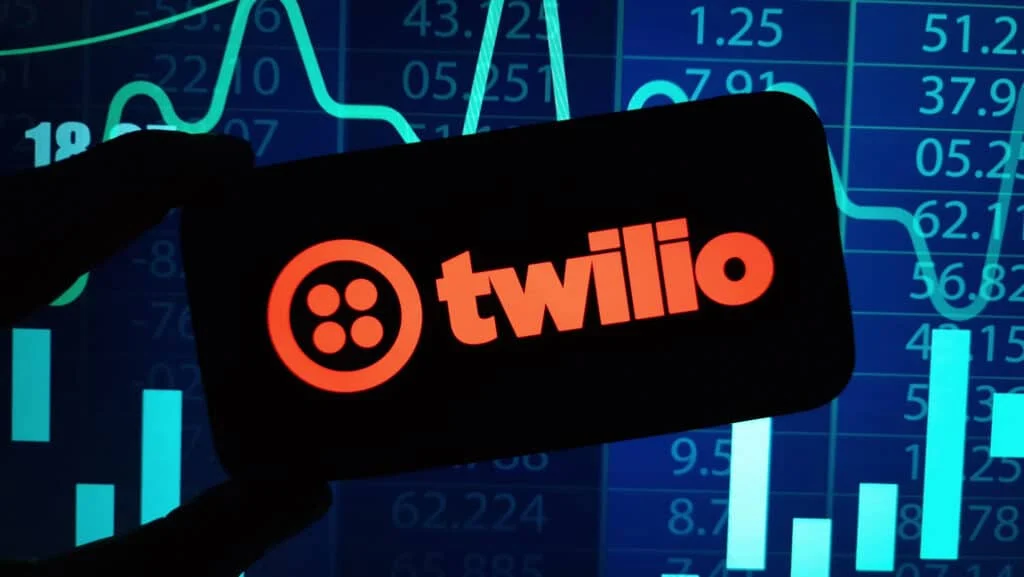The News: Pegasystems announced the infusion of its Pega Process AI technology into the latest version of Pega Smart Dispute, its software used to help retail banks manage chargeback processes. Chargebacks, or the process by which consumers can dispute the validity of a card transaction, are a time-consuming process, and the new software is designed to help bank customers save time, money, and effort while accelerating the resolution of transaction disputes and fraud claims for its customers. The latest version of Pega Smart Dispute is generally available now. You can read a press release with details about this latest solution on the Pegasystems website.
Pega Streamlines Chargeback Processes via Process AI
Analyst Take: Pegasystems announced that it had enhanced Pega Smart Dispute, its solution for managing chargeback processes, with its Pega Process AI technology. Chargeback processes can be complex and time-consuming for the card-issuing bank, which needs to carefully investigate each dispute, determine whether a refund is warranted, and work with the various payment networks’ complex and ever-changing rules to process them.
For banks, any decrease in the amount of time it takes to handle a particular workflow or process can have a significant impact, in terms of letting employees focus their attention on edge cases while improving customer resolution times and reducing processing costs.
Applying Process AI to Optimize Efficient Resolution Paths
Pega Process AI within Pega Smart Dispute is designed to automatically analyze a transaction dispute to predict the likelihood of it being approved through the validation rules of a payment network. This information can then be used to design an optimal, efficient, and low-cost path to resolution, and then choose to automate these cases. For more complex cases, or those with a lower probability of being resolved, the analysis might result in assignment to human workers, thereby reducing labor costs and driving faster resolution for routine cases.
Pega Process AI combines Pega’s workflow automation tools with real-time AI-powered decisioning, natural language processing (NLP), and complex event processing to optimize and automate business processes. Further, Pega Process AI continuously learns from the outcomes of its previous predictions and decisions, helping to improve accuracy and effectiveness over time.
Using AI to analyze which workflows feature standardized, repeatable, or straightforward processes can significantly improve an organization’s resource management and cost structure, assuming that these workflows are properly configured for each specific use case. Pega has announced that the latest version of Pega Smart Dispute comes preconfigured with Pega Process AI use cases to predict chargeback outcomes for network acceptance and representments to help organizations get up and running quickly.
Additional Updates to Pega Smart Dispute
In addition to Pega Process AI, the latest version of Pega Smart Dispute includes several other significant updates to assist banks with further streamlining the disputes process:
- Expanded support for different payment types: Pega Smart Dispute now provides improved workflow templates that help banks quickly build workflows to manage new and emerging payment types, and the solution ships with preconfigured resolution pathways for Zelle or ACH exceptions.
- Support for Regulation II: The software also supports compliance with new Regulation II rules from the US Federal Reserve System for cases of card-not-present (CNP) transactions.
- Semi-annual compliance rules updates: Pega updates Pega Smart Dispute with the latest chargeback rules from Visa and Mastercard twice per year (effective in April and October), helping clients process disputes against the latest guidance.
The biggest strength of this solution is that it is built on Pega’s low-code platform, enabling its customers to quickly adapt to and build new payment types and processes at scale, without the time and resources often required when using professional development teams. Retail banks, in particular, might not have the expertise or resources to devote to developing custom process-automation workflows, and this type of template-based, easily configurable solution is often the catalyst required to streamline workflows and reduce labor costs.
As the payments world continues to evolve, this flexibility will remain important to organizations that want to keep their processes optimized and up to date.
Disclosure: The Futurum Group is a research and advisory firm that engages or has engaged in research, analysis, and advisory services with many technology companies, including those mentioned in this article. The author does not hold any equity positions with any company mentioned in this article.
Analysis and opinions expressed herein are specific to the analyst individually and data and other information that might have been provided for validation, not those of The Futurum Group as a whole.
Other Insights from The Futurum Group:
Generative AI Capabilities Coming to Pega Infinity in Q3
Despite a Rise in AI in CX, People Still Prefer to Interact with Humans
Pega’s Infinity ’23 to Deliver Low-Code Development, Process Optimization
Author Information
Keith Kirkpatrick is VP & Research Director, Enterprise Software & Digital Workflows for The Futurum Group. Keith has over 25 years of experience in research, marketing, and consulting-based fields.
He has authored in-depth reports and market forecast studies covering artificial intelligence, biometrics, data analytics, robotics, high performance computing, and quantum computing, with a specific focus on the use of these technologies within large enterprise organizations and SMBs. He has also established strong working relationships with the international technology vendor community and is a frequent speaker at industry conferences and events.
In his career as a financial and technology journalist he has written for national and trade publications, including BusinessWeek, CNBC.com, Investment Dealers’ Digest, The Red Herring, The Communications of the ACM, and Mobile Computing & Communications, among others.
He is a member of the Association of Independent Information Professionals (AIIP).
Keith holds dual Bachelor of Arts degrees in Magazine Journalism and Sociology from Syracuse University.







